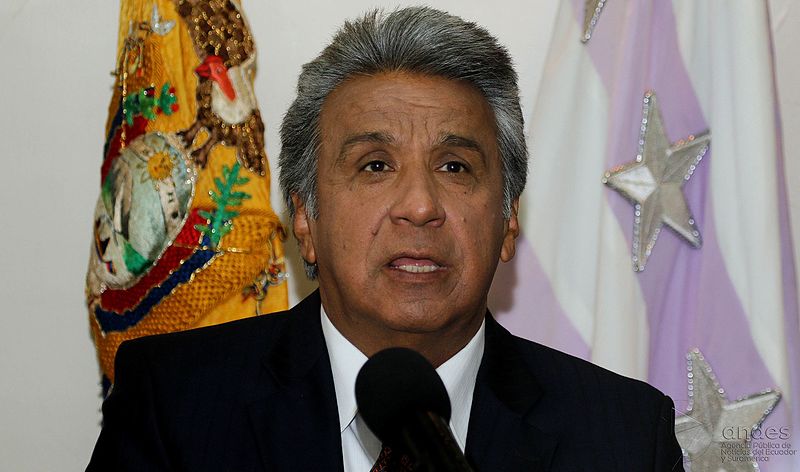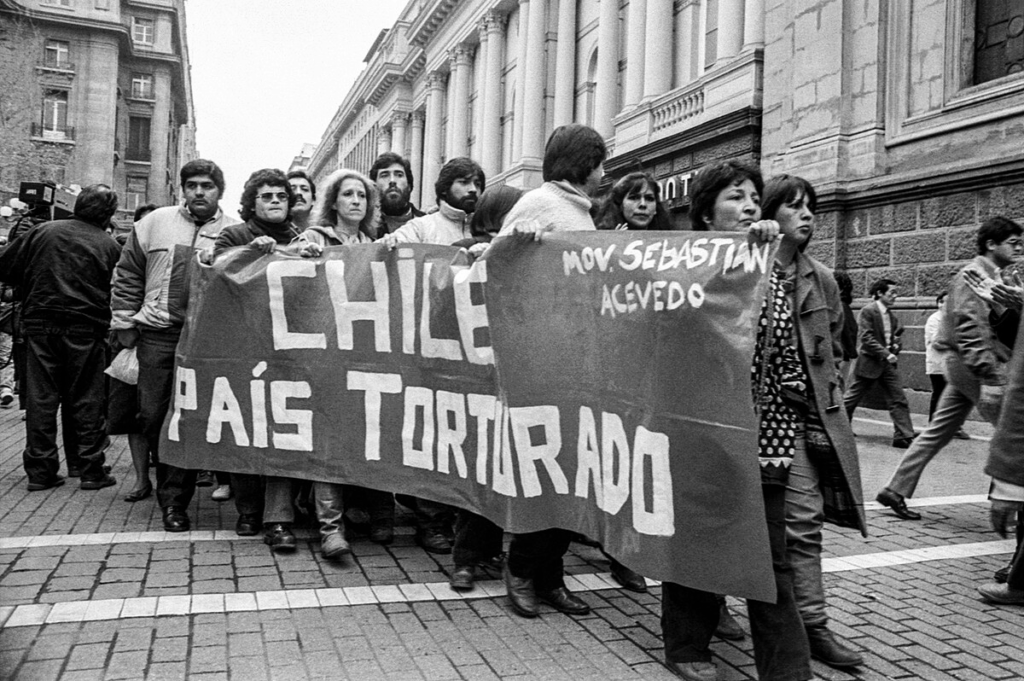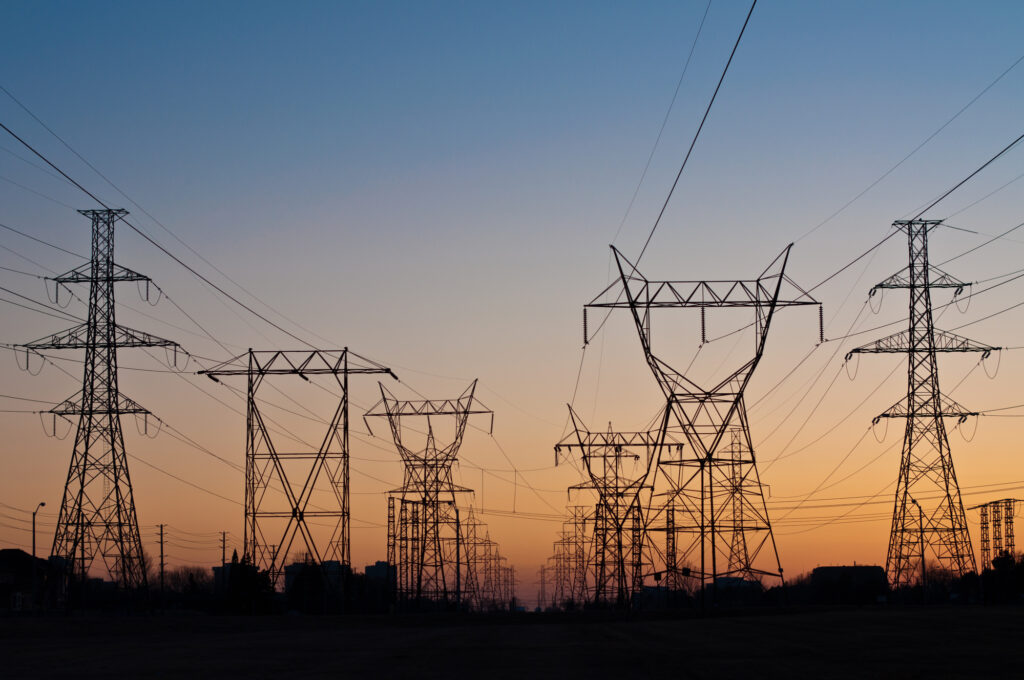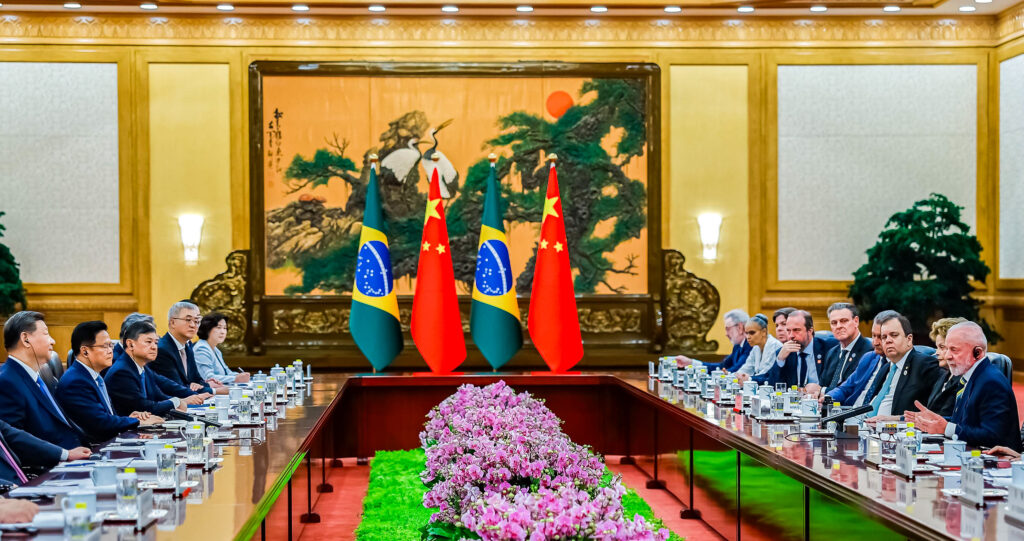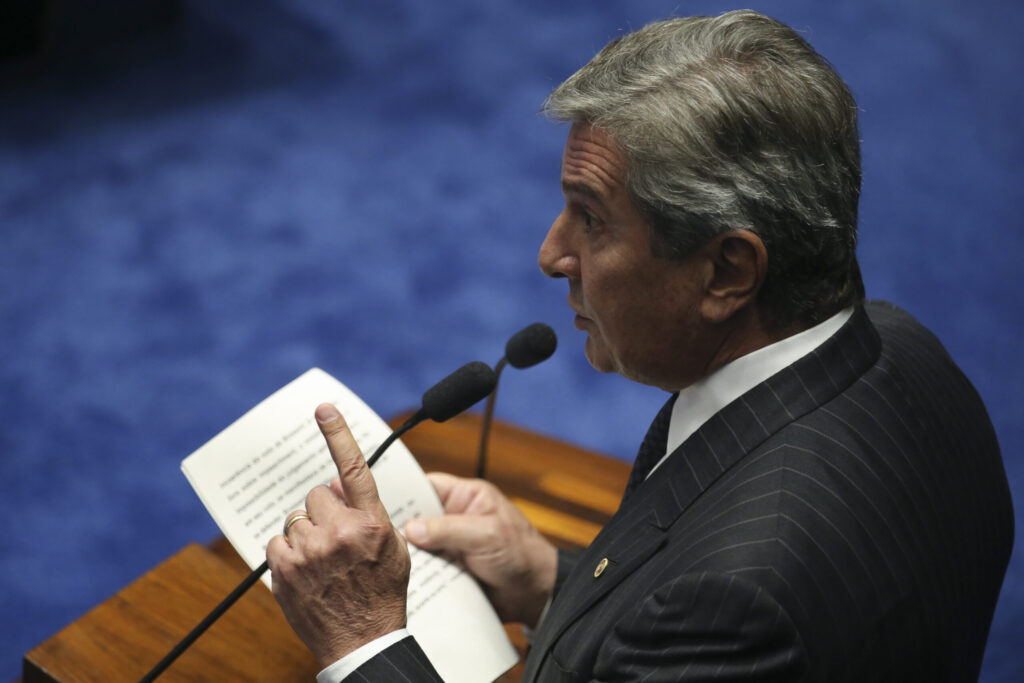After protests against austerity cuts brought Ecuador to a standstill for 11 days, President Lenin Moreno backed down. He published a tweet on Sunday, October 13 pledging to substitute the controversial austerity package (known as decree 883) with a new one that would protect citizens with fewer economic resources.
Moreno is now meeting with indigenous groups in order to agree upon ways to cut the country’s spending without inciting further protests. Ecuadorian media outlet El Comercio reported that negotiations are being mediated by the United Nations and the Ecuadorian Episcopal Conference, and a final agreement is set to be announced this week.
Read more: Indigenous groups expected to play a key role in Ecuador’s protests
The large-scale protests pushed Moreno to call a nationwide state of emergency while security forces resorted to using tear gas and pellet guns to subdue the crowds. Protesters accused the authorities of using excessive force, and according to the Ombudsman’s office, eight people were killed, over 1300 injured, and over 1100 were detained.
#URGENTE| Balance de la #DefensoríaDelPueblo presenta información nacional durante el #ParoNacionaleEC del 3 al 13 de octubre de 2019 (24h00).#EcuadorTierraDeDerechos pic.twitter.com/5s8PKk442T
— DefensoríadelPueblo (@DEFENSORIAEC) October 14, 2019
The contested pain point in the austerity package, the proposed fuel subsidies, was set to save the Ecuadorian government $1.4 billion a year, but now Moreno will have to look for alternatives. According to The Associated Press (AP), Ecuador has a $64 billion public debt, a $10 billion annual budget shortfall, and the country is one of only five in the Western hemisphere whose economy is expected to shrink this year.
The president of the Industry and Production Chamber, Pablo Zambrano, told La Primera Hora the protests cost Ecuador approximately $2.61 billion.
Jaime Carrera, an analyst at Quito’s Center on Fiscal policy, told AP that this leaves Moreno in a difficult situation. If the president cannot raise taxes or eliminate subsidies, then he will be forced to reduce the state budget, which will mean redundancies for public employees and reduced public investment. Carrera says that these alternatives are “not viable.”
Ecuador’s government is under such pressure because of a $4.2 billion financing deal with the International Monetary Fund (IMF) that the country took out in February, which requires it to fulfil economic requirements in order to continue receiving funds. However, the IMF has publicly supported Moreno’s decision to backtrack on decree 883 and chief economist of the international entity, Gita Gopinath, congratulated the government for taking all Ecuadorian communities into account.
Read more: Austerity cuts trigger violent protests in Ecuador
Since the weekend, the streets have calmed down, and according to La Republica, hundreds of volunteers have helped to clean up the streets, which are strewn with burnt tires, upended pavement slabs and smouldering bonfire embers.
Ecuador’s protesters achieved one of their goals but not their demands of Moreno’s resignation or the cancellation of the IMF agreement. And they are still reliant on the negotiations to find a balance between protecting Ecuadorian citizens and taking steps to strengthen the economy.


